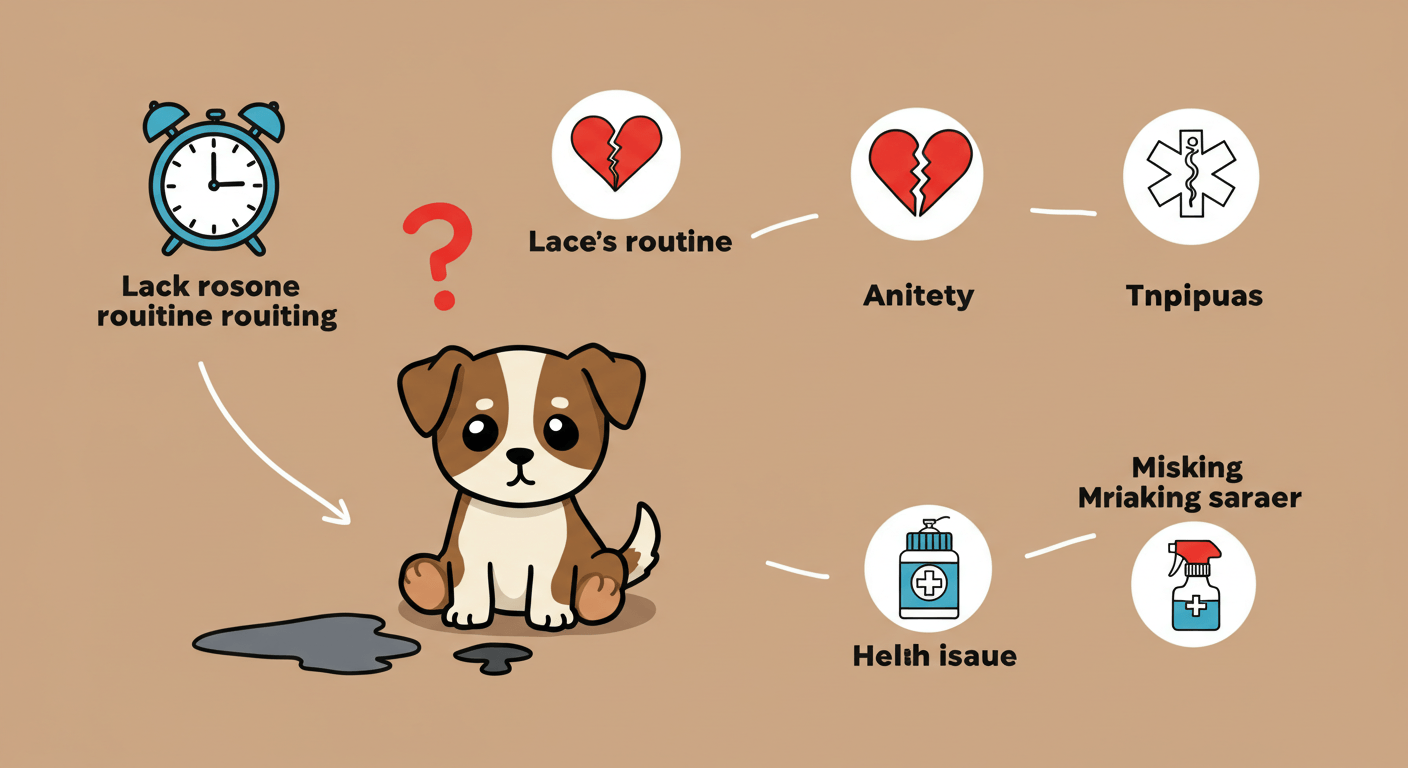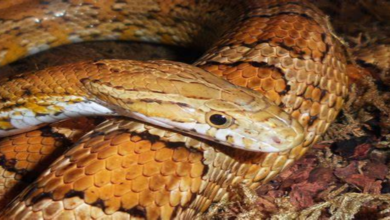
Having a dog as a family member is a rewarding experience. And, as responsible pet parents, we always want to ensure that our furry friends are enjoying a healthy and balanced diet. When it comes to offering fruit to our dogs, watermelon is a popular option, but can they safely eat it? Let’s explore the pros and cons of feeding your pup watermelon.
Benefits of watermelon for dogs:
Watermelon is a refreshing and hydrating fruit, composed mainly of water. It is also rich in vitamins A, C, and B6, as well as containing fiber and antioxidants. These nutrients can be beneficial to your dog’s health, helping to strengthen the immune system, promote eye health, and contribute to skin and coat health.
However, it is important to offer watermelon to dogs in moderation. The fruit contains natural sugar and can be high in fructose, which can lead to health problems such as weight gain and diabetes if consumed in excess. Therefore, remember to provide watermelon as an occasional snack and in adequate amounts, avoiding overdoing it.
Precautions when offering watermelon to dogs:
When feeding watermelon to your pup, it is essential to take some precautions to ensure the pet’s safety and well-being.
First of all, remove all seeds from the watermelon before offering it to your dog. The seeds can cause intestinal obstruction or irritation in the digestive tract, which can be dangerous for your pet.
Also, the rind of the watermelon is not easily digested by dogs and can lead to gastrointestinal discomfort. Therefore, remove the rind before feeding the watermelon to your dog. You can cut the fruit into small pieces and remove the rind from each piece before offering it as a treat.
- How to Teach Your Dog to Pee in the Right Place
- Discover America’s Favorite Pets
- Types of Exotic Pets that Delight and Surprise
- These are the toys they love and you didn’t know it!
- What Do Dogs Enjoy? Exploring Canine Preferences
It is also important to observe your dog’s reaction after consuming watermelon for the first time. Some dogs may be allergic to certain foods, including fruit. Watch to see if your dog shows signs of allergy, such as excessive itching, vomiting, or diarrhea, after eating watermelon. If you notice any adverse reaction, discontinue consumption immediately and consult a veterinarian.
In conclusion, watermelon can be a healthy addition to your puppy’s diet, provided it is offered in moderation and with proper precautions. It can provide beneficial nutrients and be a refreshing option to keep them hydrated during the hot summer months.
However, it is important to remember that every dog is unique, and not all can tolerate watermelon in the same way. Therefore, always watch your dog’s reaction and consult a veterinarian if you have any specific concerns.
When caring for your dog’s diet, remember to balance the diet with other foods suitable for dogs, such as quality dog food and pet-specific snacks. With proper care, your dog can enjoy a variety of healthy foods, including watermelon, in his balanced diet.










